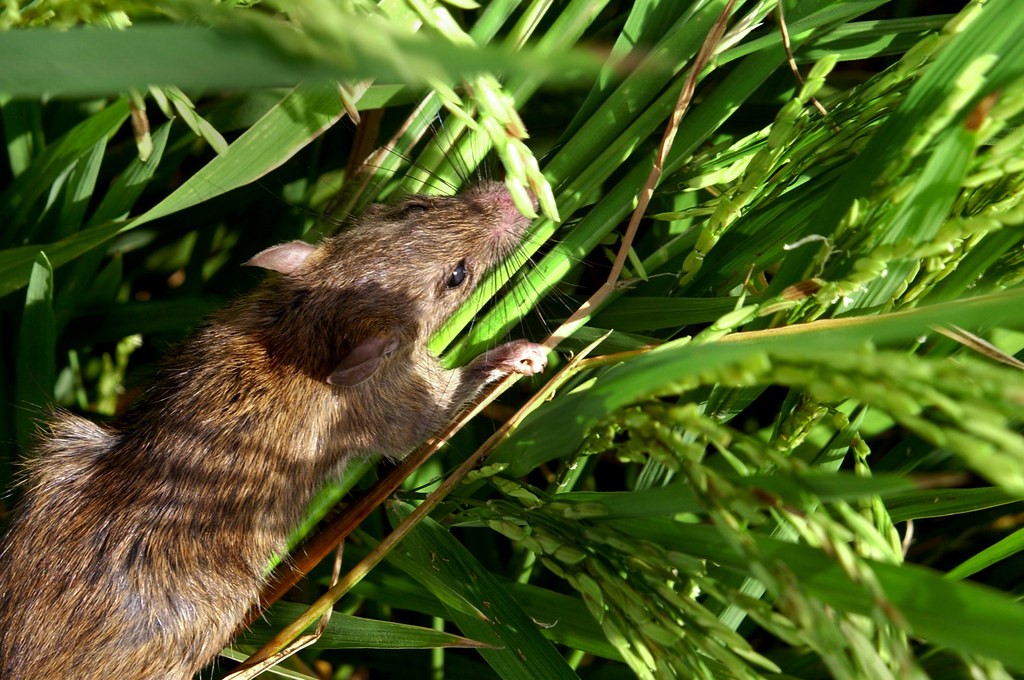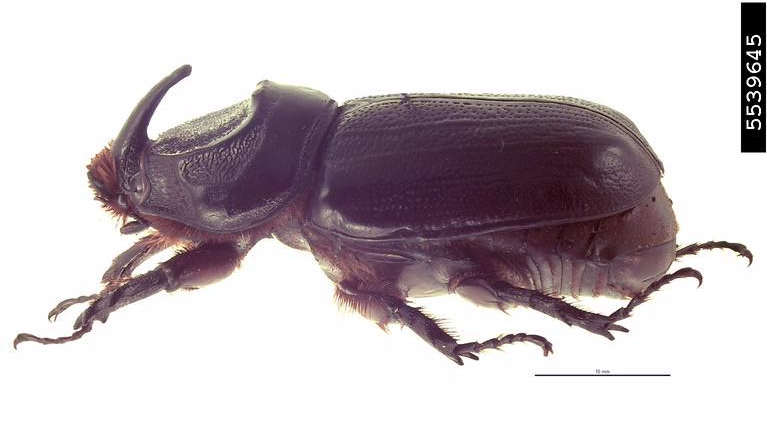Integrated rodent management: rice production
Rodents are a particularly challenging pest in the rice production industry as they are a problem all the way from sowing to harvest. The rice field rat (Rattus argentiventer) causes average losses of 10-20% in rice growing areas. Ranking as the most important non-weed pest in Indonesia for 15 years up until 2000. Integrated Pest…
Taro caterpillar outbreak in central India
The Taro caterpillar (Spodoptera litura), is a pest of many crops across Asia and Oceania. This species is generally well-controlled by natural enemies. Therefore, outbreaks in India’s Madhya Pradesh over the past two years are particularly notable.
Sanitary and Phytosanitary measures: Challenges and opportunities in Asia and the Pacific region
Global agricultural exports have more than tripled in value and doubled in volume since 1995, exceeding US $1.8 trillion in 2018. Plant and plant-based products contribute more than 50% to the total trade. International trade in fruits and vegetables stands at 24% followed by 15% cereals; and 10% comprising coffee, tea, cocoa & spices.
Biological controls viable alternative to pesticides for rice farmers in China
Between 2011 and 2015, CABI set up 22 Trichogramma rearing facilities as part of a project to promote the use of biologically-based Integrated Pest Management (IPM) for rice and maize crops. In addition to creating the Trichogramma rearing facilities, IPM strategies for rice and maize were developed in Southwestern China, Laos and Myanmar.
Coconut Rhinoceros Beetle on Guam – an update
An adult male coconut rhinoceros beetle. Emmy Engasser, Hawaiian Scarab ID, USDA APHIS ITP, Bugwood.org 10 years ago the Coconut Rhinoceros beetle (CRB) was first discovered on the western Pacific island of Guam. Since then, these shoe-shine black, miniature invaders have spread to all parts of the island and are laying waste to the local coconut…
Plantwise goes mainstream in Myanmar agriculture
by Dr. Kyin Kyin Win, Deputy Director (Plant Protection Division, MOALI) A major outcome of the two-year pilot programme of Plantwise in Myanmar was the recommendation from Dr. Tin Htut, the Permanent Secretary of the Ministry of Agriculture, Livestock and Irrigation (MoALI) to develop a Myanmar Plant Health System Development Strategy (MPHSDS) to guide the future…
Free plant clinics set up in Bangladesh
Ten plant clinics have been set up in Bangladesh to provide practical advice to farmers who have crop problems. Read the full story here
Ecological Engineering Approach for Rice Pest Management-Need to Popularise its Advantages
Example of Ecological engineering in Vietnam (Photo credit: Dr HV Chien) The rice ecosystems are inhabited by more than 100 species of insects. Twenty of them can cause potential economic losses. With the change in the climatic factors and modern cultural practices adopted for production a drastic change has been…
Working together for Plantwise in South and West Asia
Representatives for agricultural development from South and West Asia came together for a two-day conference in Bhurban, Pakistan in April to discuss country plans for Plantwise activities. Decision-makers from countries including India, Pakistan, Nepal, Bangladesh, Sri Lanka, and UK, met to share ideas and knowledge of their plant health systems.
How plant clinics are helping farmers in Puducherry, India
Plantwise plant clinics are currently operating in 31 countries in Asia, Africa and Central & Latin America. Thousands of farmers come to these clinics for advice on managing their crops, particularly crops that are being affected by pests or disease. The video below gives the story of a farmer in Puducherry, India, who got advice…







